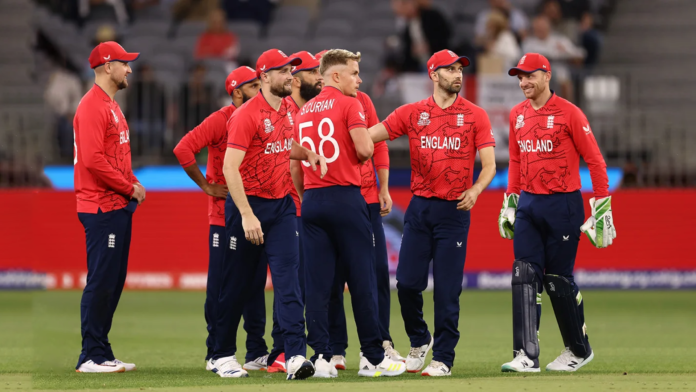England’s male cricketers have opted to turn down multi-year contracts offered by the England and Wales Cricket Board (ECB) in favor of participating in T20 leagues worldwide. The players’ decision reflects their growing preference for lucrative T20 leagues over international cricket, even as the ECB attempts to introduce extended contracts with higher match fees to prioritize representing the national team. This shift in priorities and pursuing greater pay equality have placed financial strains on the ECB.
The male cricketers’ decision to decline multi-year contracts stems from their desire to participate in various T20 leagues globally, where the financial incentives are substantial. The ECB’s efforts to emphasize international cricket over these leagues did not meet the players’ expectations, leading to ongoing discussions regarding salaries before any contracts are finalized.
The ECB’s pursuit of equality in pay between male and female cricketers has resulted in additional financial burdens. Equalizing match fees for both genders is expected to cost the ECB an extra £1.5 million. Furthermore, the allocation of £2 million in funding for charities supporting black and South Asian communities and state-educated children has further impacted the board’s finances. The expenses of running The Hundred, both the men’s and women’s competitions, have also contributed to their financial challenges.
England faces unprecedented competition for cricketing talent, especially in the T20 format. Players like Mark Wood have openly contemplated turning down England deals in favor of lucrative offers from T20 leagues.
Jos Buttler is set to receive a multi-year deal from the Rajasthan Royals, surpassing his England earnings. Notable players like Jofra Archer, Ben Stokes, Liam Livingstone, and Sam Curran will likely be targeted by Indian Premier League franchises and other global leagues.
Several England players have opted to miss white-ball tours to play in franchise cricket because the financial rewards in these leagues often surpass England’s match and tour fees. The potential talent drain on white-ball tours has prompted discussions about increasing match fees to retain players.
The ECB has adapted to the changing landscape by offering flexible, bespoke contracts that align with the modern game. Players who sign England contracts can still participate in T20 leagues, notably the Indian Premier League (IPL), which has its unofficial window. However, players must prioritize England commitments over other leagues.
England's men in stalemate over contracts for the next 12 months at the moment. ECB braced for some top players to turn down new multi-year contracts in favour of one-year deals. By @NHoultCricket https://t.co/L3pfgFpKJQ
— Will Macpherson (@willis_macp) September 18, 2023
While seasoned players may prioritize T20 leagues for financial reasons, younger players new to the England set-up find longer-term central contracts attractive. These contracts provide them with security and exposure to international cricket. The ECB’s commitment to supporting players during injuries or periods of poor form distinguishes it from more ruthless franchise cricket environments.
South African Batter Aiden Markram Reaches 5,000 International Runs Milestone
The financial struggles faced by the ECB, combined with the changing priorities of England’s male cricketers, highlight the evolving landscape of cricket contracts. The pursuit of equality and the lure of T20 leagues have reshaped the negotiations between players and the board. As the ECB balances its books and strives to fund new demands, including the rising salaries in women’s cricket, the sport’s future and financial stability remain key areas of concern and discussion.






















